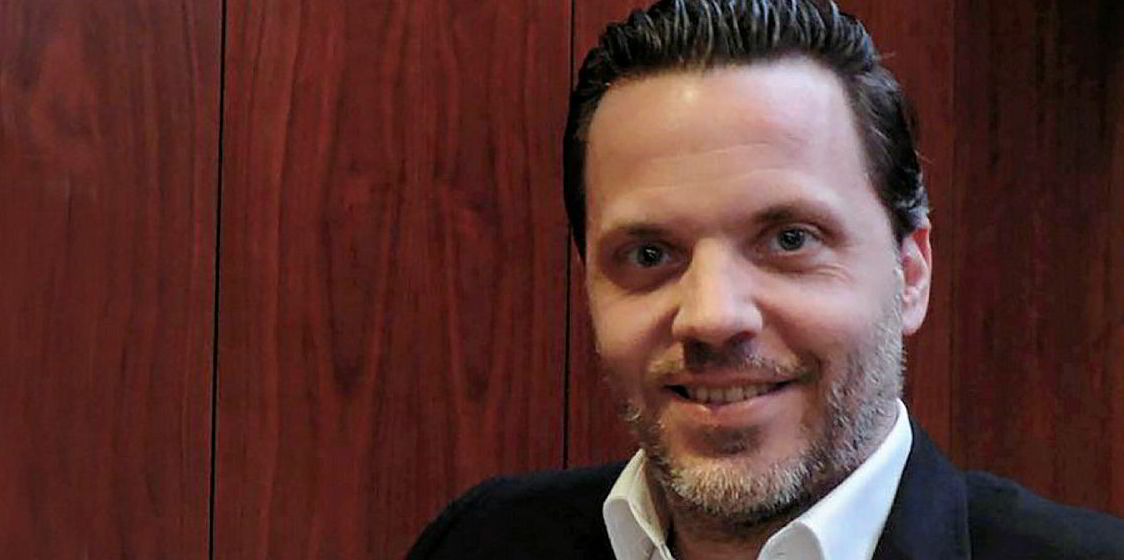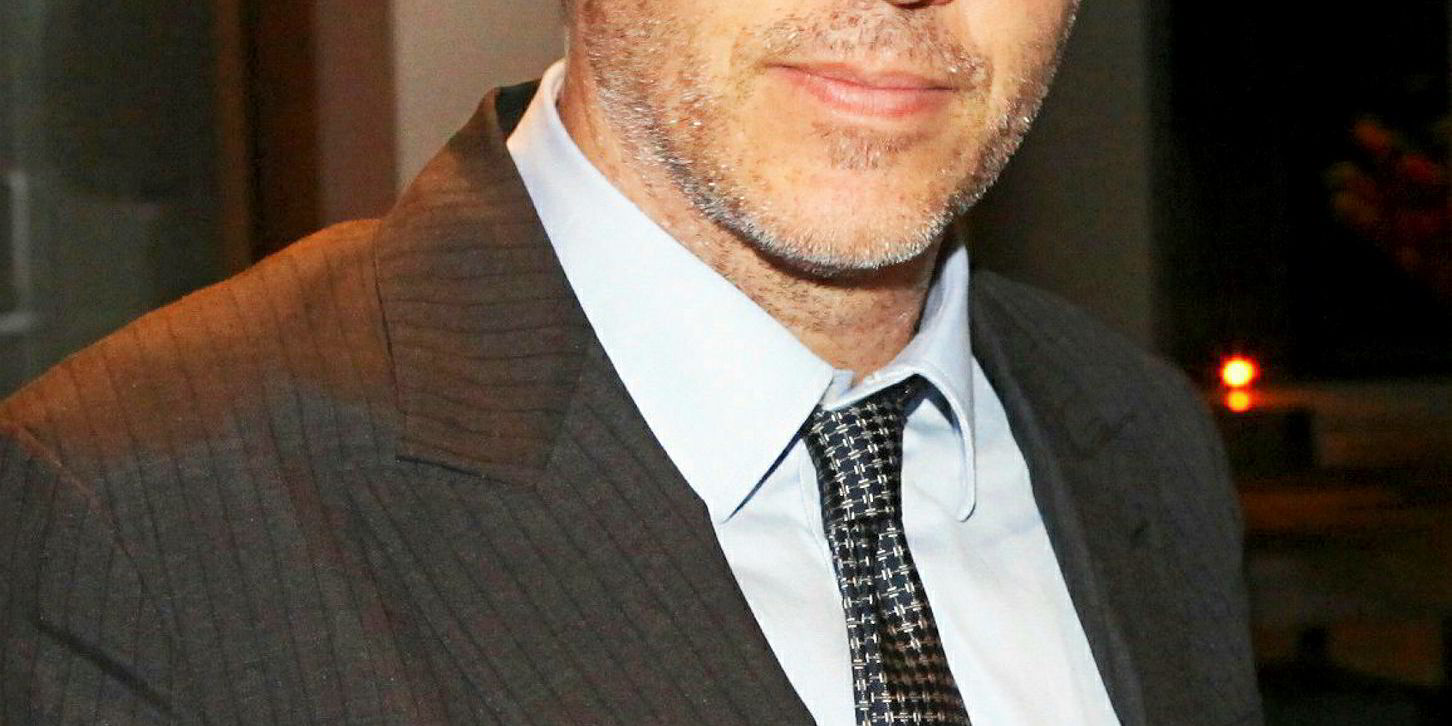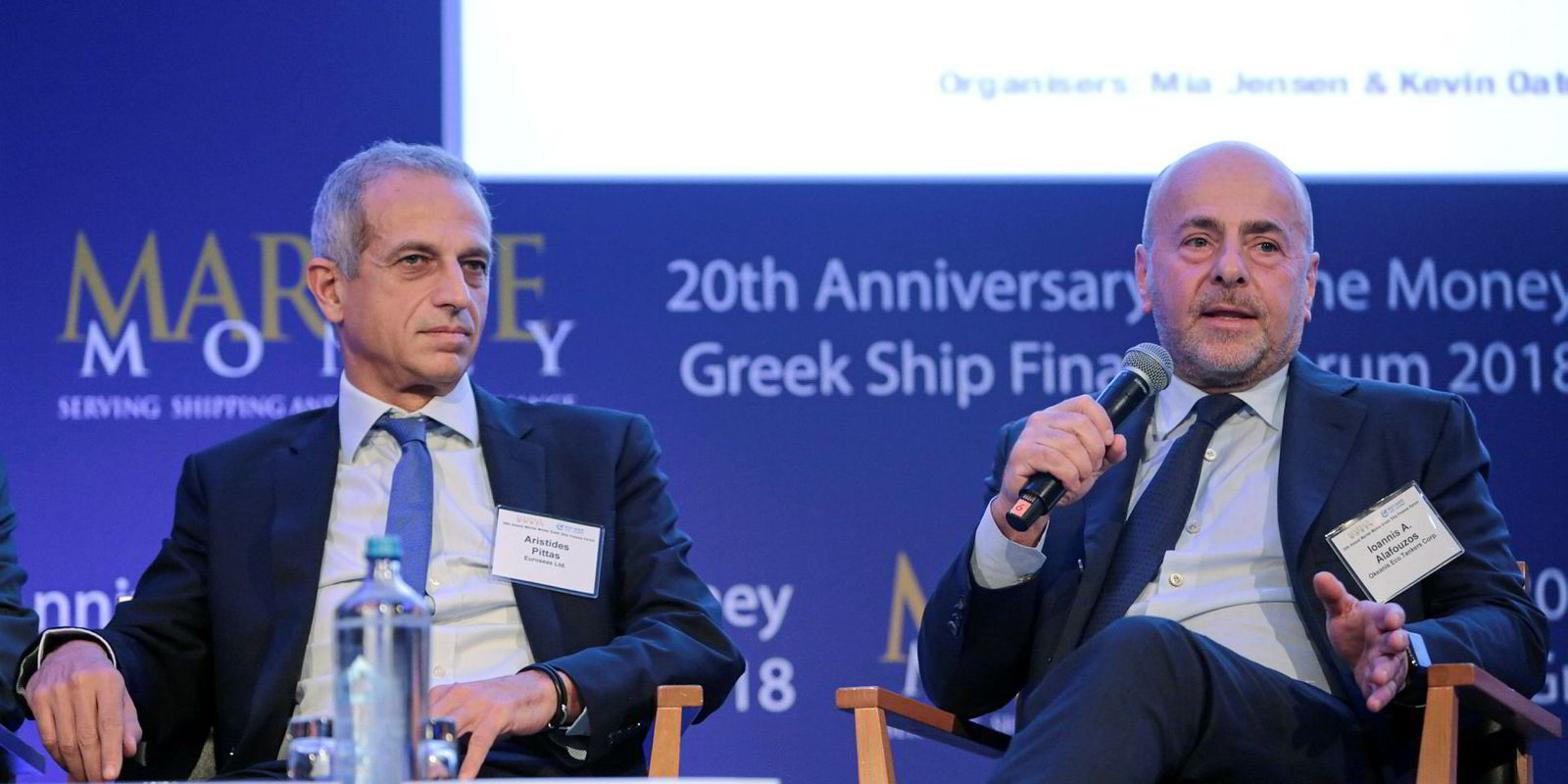Shareholders have lodged new allegations against Evangelos Pistiolis-led Top Ships in an ongoing securities lawsuit focused on the company’s relationship with financial firm Kalani Investments.
The shareholders allege the shipowner expanded from 5.7 million to the equivalent of 3.06 trillion common shares, destroyed 99.9995% of shareholder value, pocketed $90m in the process and grew its fleet with purchases from its chief executive’s private interests, according to an amended complaint filed in a class-action securities case in US federal court.
Top Ships has denied impropriety in connection with its relationship with Kalani, and its lawyers are in the process of drawing up a response to the shareholder claims as the battle in the US District Court for the Eastern District of New York continues.
“The company and its management believe that the allegations in the complaints are without merit and plan to vigorously defend themselves against the allegations,” Top Ships said in its securities filing this week.
But it became apparent this week that the company is fighting skirmishes on more than one front.
As TradeWinds first reported, Top Ships disclosed on Tuesday that it has received two new subpoenas from the US Securities and Exchange Commission (SEC) in relation to the Kalani episode.
The disclosure is contained in a paragraph on the eighth page of a 28-page document relating to Top Ships’ first-half financial results.
Documents requested
“On September 26, 2018 and October 5, 2018, we received two additional subpoenas from the [SEC] requesting certain documents and information in connection with the previous subpoena we received on August 1, 2017,” the shipowner said in the filing.
“We are providing the requested information to the SEC in response to that subpoena. The SEC information is ongoing and we continue to cooperate with the SEC in the investigation.”
The original subpoena is one of two known to have been issued by US securities regulators in August last year in relation to Greek shipowners’ stock-sales activities with Kalani.
The company and its management believe that the allegations in the complaints are without merit and plan to vigorously defend themselves
George Economou’s DryShips has disclosed receiving an SEC subpoena in the same month.
Plaintiffs note in the Top Ships lawsuit that the owner waited some time to reveal the original SEC subpoena: the first public mention came in its annual report eight months later in March 2018.
Top Ships described its view of the three subpoenas in this week’s filing.
“The company is unable to predict what action, if any, might be taken by the SEC or its staff as a result of this investigation or what impact, if any, the cost of responding to the SEC’s investigation or its ultimate outcome might have on our financial position, results of operations or liquidity. Hence the company has not established any provision for losses relating to this matter,” it said.
Meanwhile, Top Ships lead plaintiffs Moshe Onel, Amardeep Sidhu and Joel Sofer are pressing their securities-fraud case on behalf of investors who bought stock between November 2016 and April 2018.
Defendants engaged in a scheme called “death-spiral financing”, the plaintiffs allege, describing a process in which they say Kalani and later a second firm called Crede Capital Group purchased newly issued common shares at a discount and then quickly resold them in the market, causing heavy dilution and tanking the share price.
Top Ships was able to keep the scheme alive through a series of reverse stock splits that propped up the share price, plaintiffs charge.
In reverse splits, multiple shares are combined into one, meaning each shareholder retains the same stake in the company but with fewer shares outstanding. Without these reverse splits, plaintiffs say, Top Ships would have had 3.06 trillion shares outstanding at the end of the period in April.
“An individual that purchased 18,000 shares of Top Ships common stock for approximately $61,000 on November 23, 2016 would have held just a single share worth less than 18 cents at the close of trading on March 22, 2018,” the complaint states.
While Pistiolis’ own holding was down to 26 common shares by 2018, he was able to maintain voting control of the company by purchasing a special class of super-voting preferred shares for only $1,000, the lawsuit alleges.
‘Manipulative scheme’
“This enabled Pistiolis to direct the company to continue its manipulative financing scheme without having to purchase any common shares that he knew were destined to become worthless as a result of his scheme,” the complaint states.
Allegations against Top Ships and Pistiolis have many parallels with separate shareholder suits lodged in New York federal courts against DryShips and Diana Containerships, the third Greek owner to have contracted with British Virgin Islands-registered Kalani, which is controlled by Toronto hedge fund manager Marc Bistricer.





